On June 14, 1925, the Thelma boat was capsized in Newport Beach, California. Duke Kahanamoku heroically rescued eight of the men on the boat, and recovered the bodies of the many others who perished. “Duke saw people suffering and struggling and said, ‘I can do something.’ He just assumed responsibility, and jumped right in the water.”
Written Features
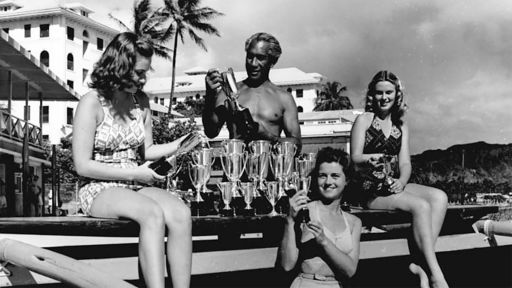
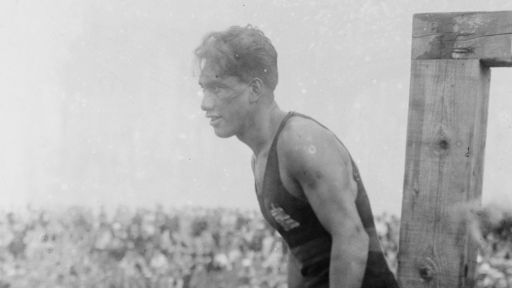
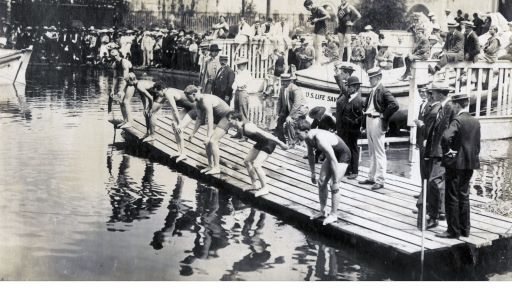
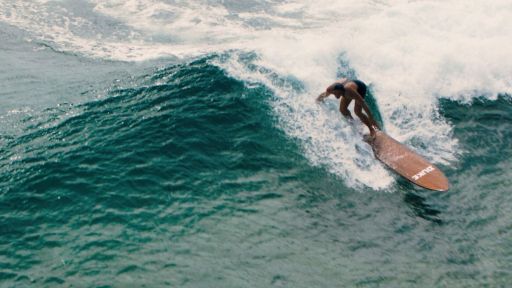
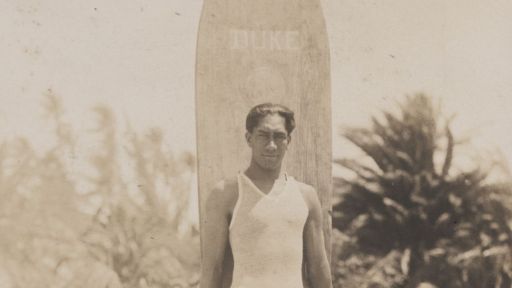
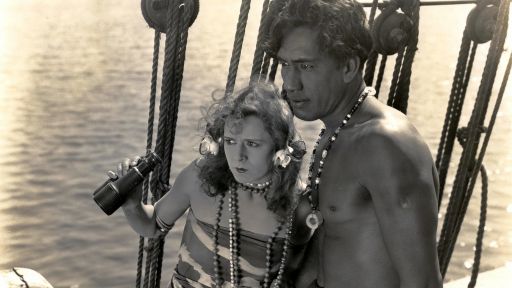
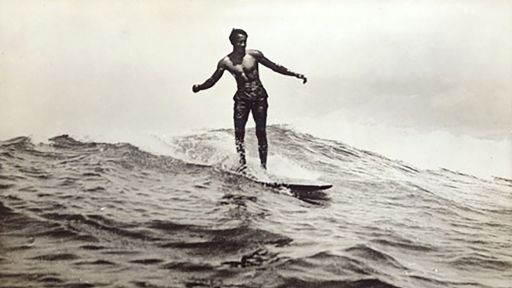
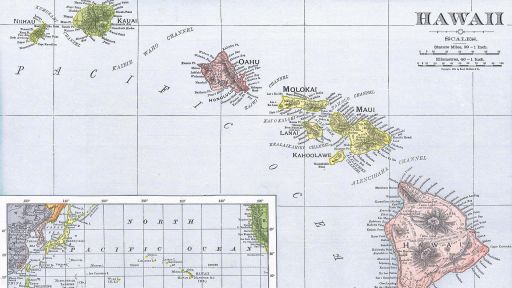
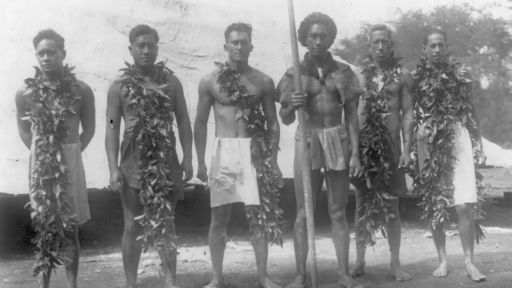
Video Features
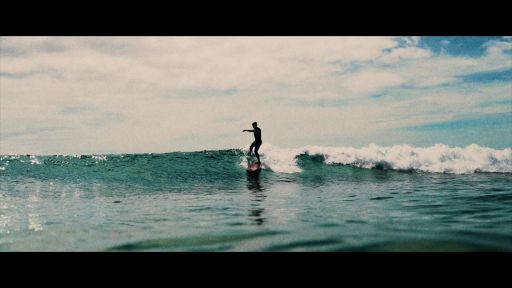
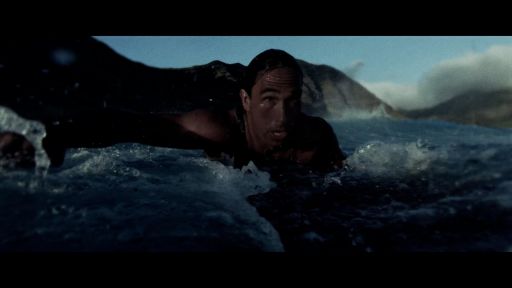
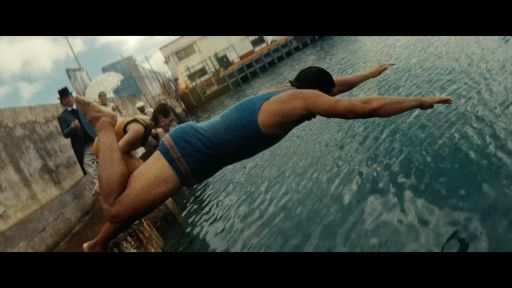
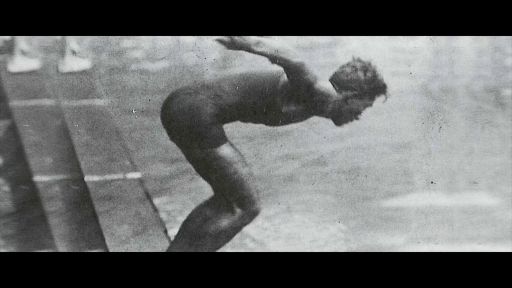
- The waves were enormous, (dramatic classic music) and Duke knew in his heart that something ill was gonna happen and the boat turned upside down.
(dramatic classic music) (water thrashes) Everyone fell overboard, fully clothed in jackets and pants, and heavy gear.
(dramatic classic music) - A good waterman is gonna make sure that everybody else out there is safe and protected.
- This comes to Kuleana, a really important word, translated to responsibility.
Duke saw people suffering and struggling and said, 'I can do something.'
He just assumed responsibility and jumped right in the water.
- Took his surfboard, which was never taught, never used for life saving.
- Being who Duke was, and a surfer and for him, the ocean is a home.
(waves crashing) It's a natural element.
The storm, the surf, knowing where to be, where to exist and where not to be.
In the ocean it's all about choices, not chances and he can see the point of impact.
Don't be there, wait till the wave hits, and diffuse all his energy and then paddle over or paddle in.
Grab a person, come back in.
(dramatic classic music) - A superhuman feat.
I've made surfboard rescues for 25 years.
And if I had to do what he did that day, I would never have been able to physically do it.
(waves crashing) (dramatic classic music) - Not only did he fight to save them, back and forth trips, pushing his body beyond the limit, when all the survivors were brought in, he went back for the ones that didn't make it.
(piano playing) - I mean, there's gotta be a point when he paddled out and the boats sunk and they're dying in front of him, you know?
And so that trauma, like all trauma sticks with you forever.
- Knowing that Duke values every life like family, I think that's the thing that all Hawaiians or all Polynesians carry in their heart that everyone, regardless of what color they are, it's a life.
It could be your brother, your sister, your mother, your father.
Someone that loves that person, and you would wish if that was your mother or father, that someone would take their Kuleana, or responsibility, and go out there and rescue them, help them.
(soft classic music)
